Mental Health Matters to Generation Z
“Be the person you needed when you were younger.” – Ayesha Siddiqi
Mental health knows no age, no gender, no generation. It affects each of us differently and is uncharted territory for young minds. It’s our responsibility to help our youth weather the stormiest of waters. Our own experiences can be a huge help to support the children and teens we care about.
You Are Not Alone
When the World Federation for Mental Health chose the theme for this year’s awareness day, they focused on the mental health of youth in our changing world. Our society is ever-evolving, for better or worse. With the rise of technology and social media, our lives are open to scrutiny, and our youth deal with the risk of cyber-bullying any time their phone chimes.
According to the National Alliance on Mental Health, one in five adults and youths experience mental illness in the U.S. Compare that to your cubicle at work, the seats around you at school, your sports team, your family members. With statistics like this, if you haven’t struggled with your own mental health issues, you know a few people who have.
Signs of Poor Mental Health:
- Extreme highs and lows
- Social withdrawal/isolation
- Excessive worry and anxiety
- Fatigue
- Confused thinking
- Changes in sleeping or eating
- Difficulty focusing
- Prolonged sadness or anger
If you struggle with poor mental health, know you are not alone. If you feel hopeless, overwhelmed, exhausted, drained, or beaten down, know there is someone in your life who understands. Try to reach out to someone you trust: a friend, a peer, a teacher, a family member.
You don’t need to have everything figured out when you talk to them. Simply share what you feel, how you’re struggling. By sharing what’s rattling around in your head, you aren’t asking for pity, showing weakness, or admitting defeat. While talking about your mental health struggles won’t automatically make them quiet, it will help others in your life carry the weight with you.
If you notice your son, daughter, or friend is uninterested in something they once loved, or is isolating themselves, reach out to them. Often, when caught in a mental health spiral, they may feel their struggles aren’t important enough to share with anyone. Fear of feeling like a burden might be keeping them shut behind masked emotions. No one is a burden, so don’t hesitate to reach out if you suspect something is wrong.
It takes genuine friends who make the time to check in, again and again, for some to finally accept help. Mental health battles can be scary to face, because they take an earnest level of understanding to comprehend. But it’s worth it if it saves someone’s life.
For years, I’ve taught dance to some wonderful kids. Some nights we’ll spend extra time practicing foutétte turns, while other nights, we’ll just stretch on the studio floor and talk about their lives. I reach out to those 13-18 year-olds (Gen Z) because I vividly remember being their age. As a teen, I combated depression and social anxiety. I was grieving the loss of loved ones, and I’d seen people I cared about struggle with substance abuse and battle self-harm. Now, years later, I’ve learned some important techniques to heal my mental health and combat my depression and anxiety. The most important is this: strengthening mental health takes daily practice, patience, and a willingness to openly speak and listen, both to others and yourself.
Talk It Out
If you’re struggling, maybe start by saying:
- I feel empty
- I’m just so tired
- I get too nervous
- I can’t focus
- There’s so much sadness
- I snap quickly and get angry
- I’m at a high point, then a minute later, I’m feeling low
If you’re listening, try responding with:
- I want to support you
- I’m here for you
- How can I help make things easier for you?
- It’s okay to feel this way
- You are not crazy
- You are worth so much
- We’ll get through this together
- Can you pinpoint what’s triggering you?
- Can you control this?
There Is Help
Without a healthy mind, the rest of your body cannot be truly healthy. Health issues are often a symptom of mental health struggles, like fatigue, sleeplessness, weight gain or loss, appetite change, and more. You don’t have to have a diagnosed mental illness to prioritize your mental health.
It’s important to tap into your mind throughout the day, especially in this fast-paced, high results-driven world. It’s easy to get distracted during our day by work gossip, current events, family struggles, deadlines, relationship issues, or school stress. Sometimes, it’s easier to keep ourselves distracted than to pause and see how our environment affects us inside.
Maybe you’re stressed about a big project deadline at work or school. Perhaps you can’t focus on tasks without replaying the conversation you had last night with a friend or family member, and you wish you weren’t still angry. Maybe you’re anxious to start a new school, new job, or move.
It’s okay to feel overwhelmed. Take a beat, notice what’s triggering your emotions and thought patterns, and try to readjust them.
When You Feel Overwhelmed:
- Breathe in deeply … and out again
- Meditate to refocus
- Get 10 minutes of sunshine
- Journal/free write
- Say no—it’s okay to put yourself first
- Hike, yoga, swim, jog
- Confide in someone
- Change your environment
- Make a list of your thoughts or tasks; start small
- Draw a warm bath
- Take a break outside
If you or someone in your life is battling with their mental health, they may need help from an expert. Counselors, therapists, and doctors have years of education and are dedicated to help our well-being. You may feel ashamed or self-conscious about needing professional help, but don’t listen to those negative thoughts. It’s okay to need serotonin, it’s okay to try melatonin to help insomnia for a while, it’s okay to talk with someone about your life to get an outside opinion. It is okay to need help.
There are plenty of counselors at schools, local mental health groups, and patient doctors who can help you decide how you get better. Every day, I use techniques and realizations I learned during therapy sessions when I get stuck in a bout of depression or realize my anxiety is triggered. Having tactics to fight my mental illness has kept me here to tell my story.
Find Your Hope
You have an important story to tell.
You can get through this.
You are here for a reason.
You matter.
Your situation may seem endless, but it’s worth fighting through. There are resources and people you can turn to for help to guide you, listen to you, and champion you onward. Start talking with love, honesty, and an open mind to prioritize your mental health just like you do your physical health.
Whether you’re now just discovering you need to refocus on your mental health, you struggle with situational triggers, or you’ve had a diagnosis for years, your mental health is vital. Maybe one day, talking openly and genuinely about our mental health fight will be as easy as saying, “I’m struggling today, so please be patient with me.”
The more we open up the conversation about our struggles with mental health, the easier it will be for us to support each other.
If you or someone you know is struggling with their mental health, look into these resources:
National Alliance on Mental Health
Movement for Global Mental Health
Society for Adolescent Health and Medicine
This post is also available in: Spanish French Chinese (Traditional)

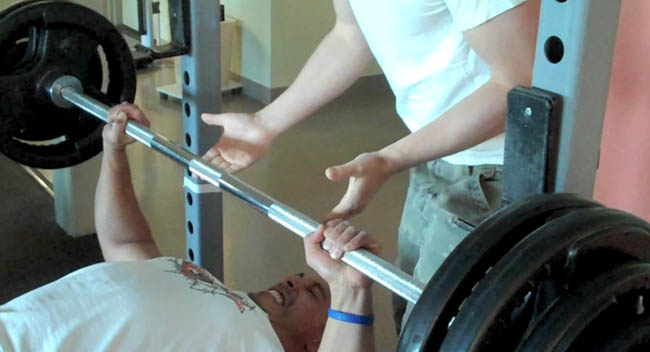

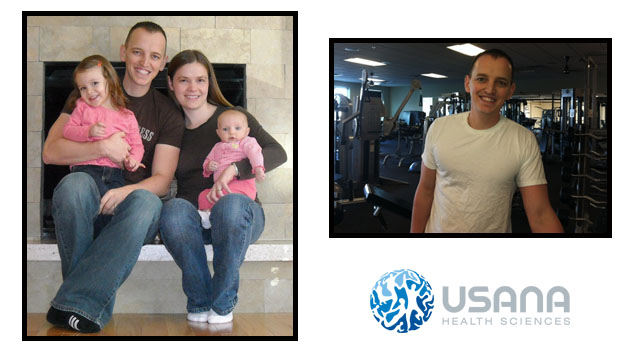

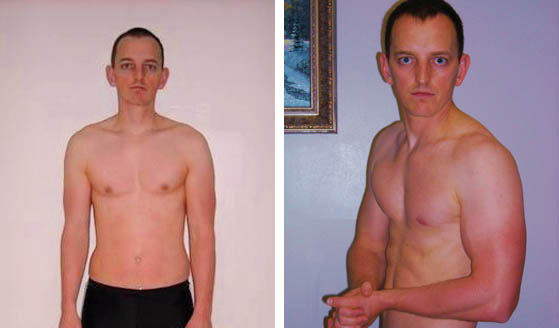

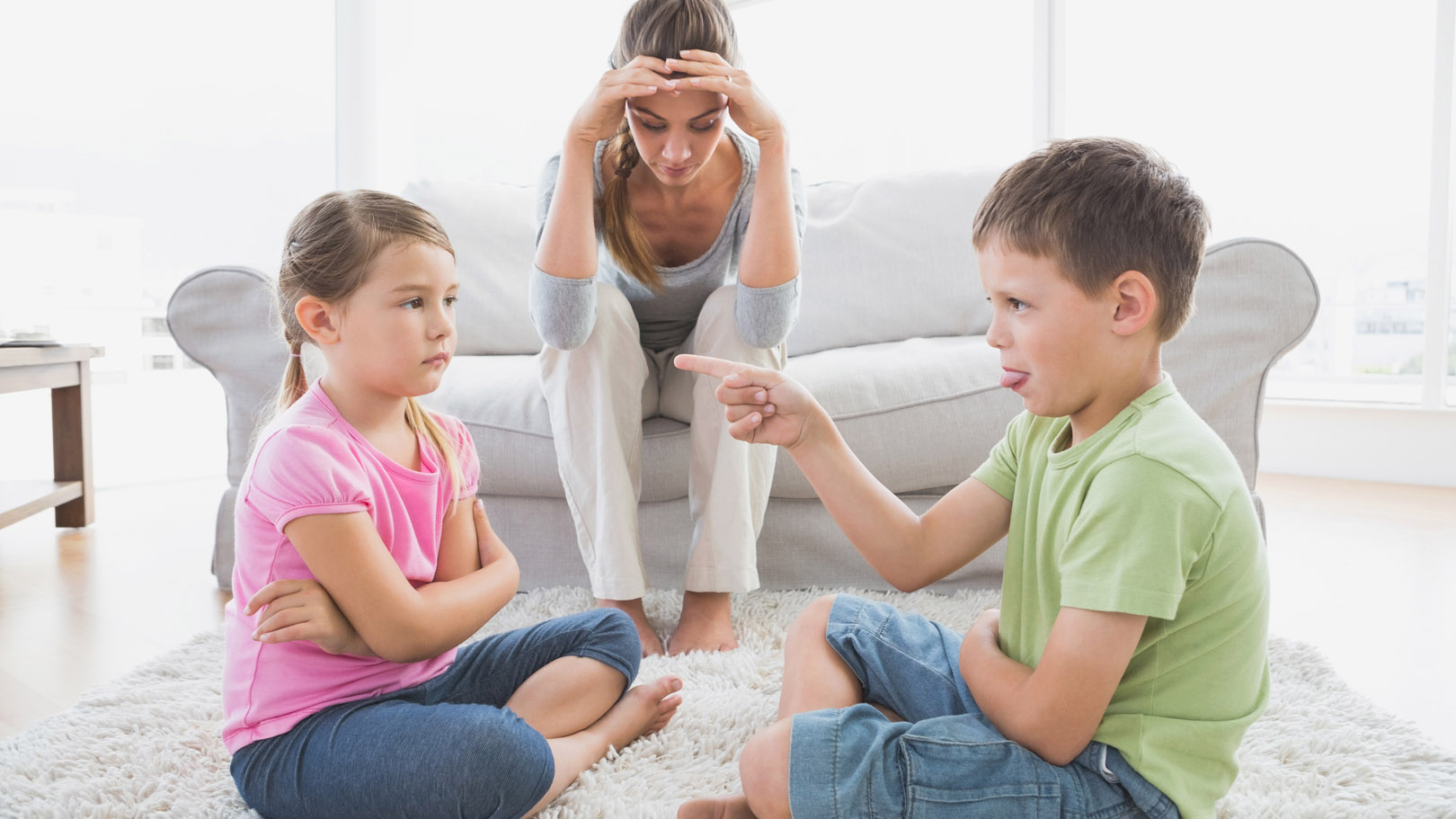
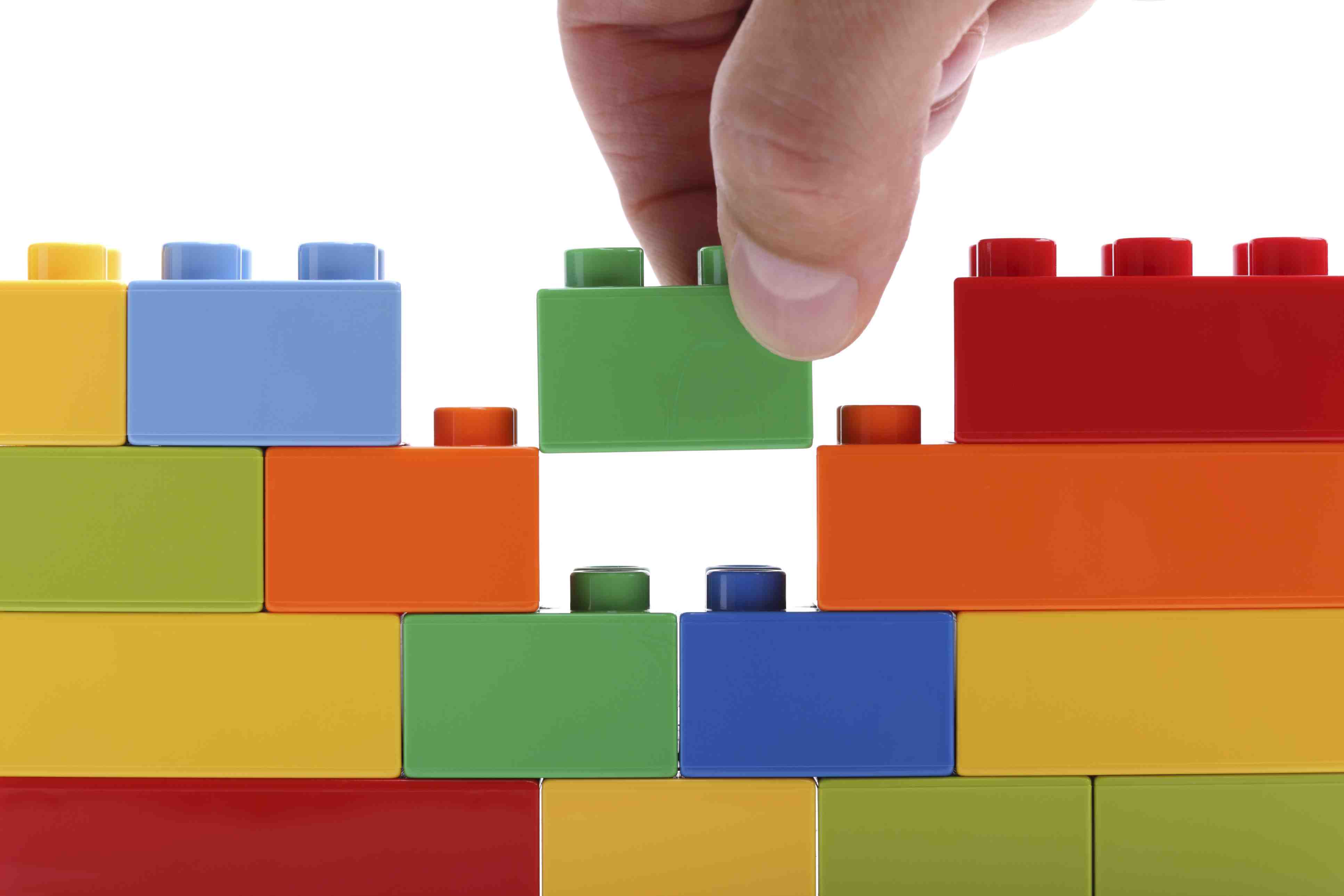
Leave a Reply
Want to join the discussion?Feel free to contribute!